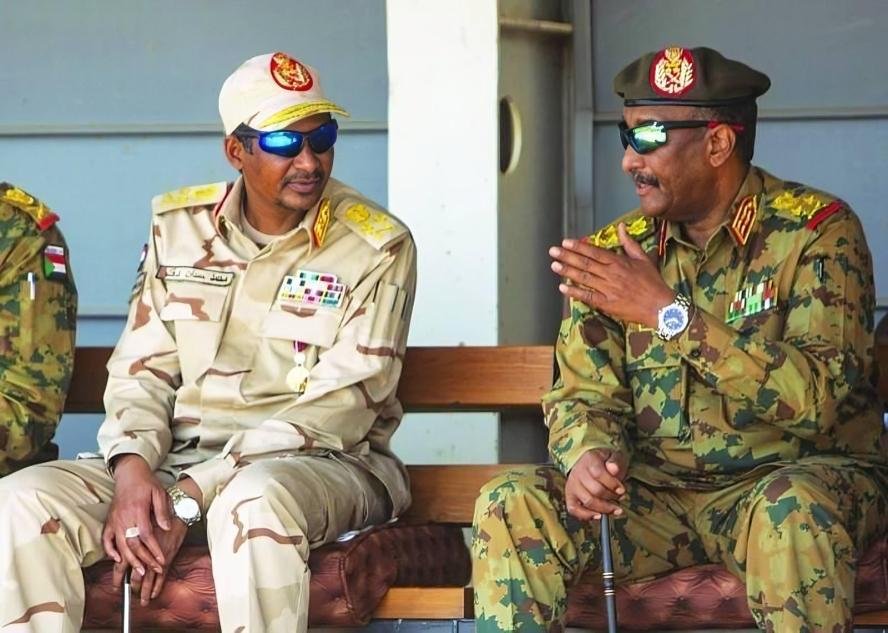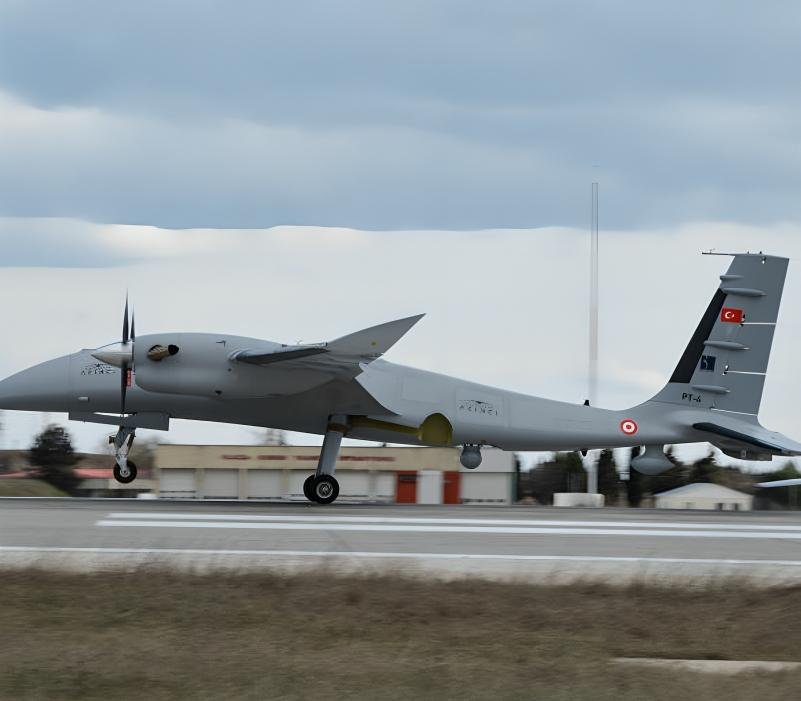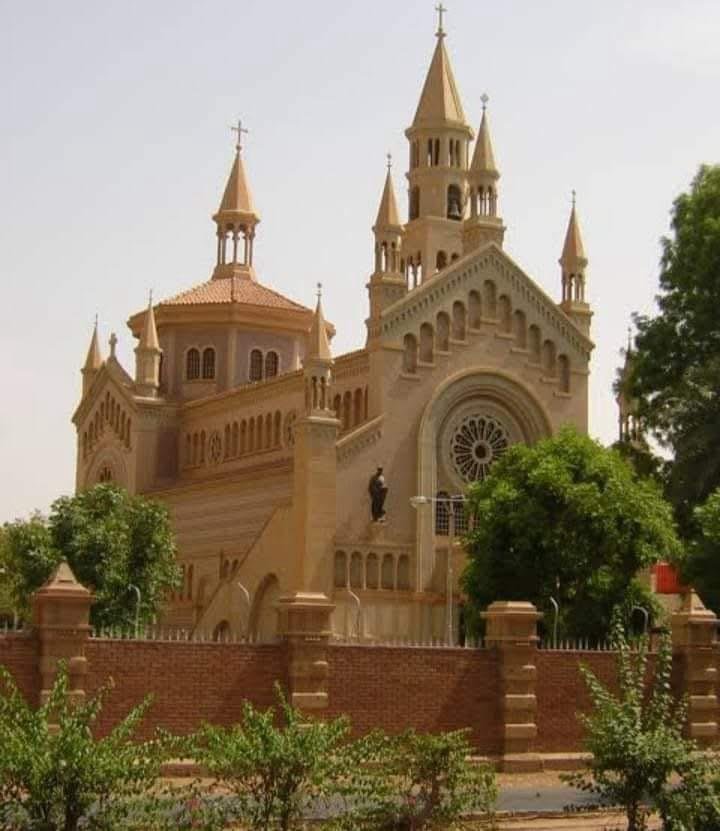SPT
“This article presents a rare personal and analytical testimony from one of the key figures who was closely involved in the framework agreement process and maintained direct contact with both generals Abdel Fattah al-Burhan and Mohamed Hamdan Dagalo (Hemedti) prior to the outbreak of the war in Sudan.
Writing from the position of both witness and participant, the Editor-in-Chief offers a meticulously documented narrative that exposes the true roots of the conflict , a struggle that transcends the superficial confrontation between the army and the Rapid Support Forces, revealing a deeper battle between two opposing visions: a religious state seeking to reclaim its lost authority, and a civil democratic state striving for a new future for Sudan.
The text blends analytical precision with the authenticity of lived testimony, illuminating a pivotal chapter of recent history whose echoes remain vivid in memory, and unresolved before the world.”
The Editor
The ongoing war in Sudan is not, as commonly portrayed, a confrontation between the army and the Rapid Support Forces (RSF) in its apparent military form. At its core, it is a struggle between two opposing projects.
On one side stands the project of political Islam, embodied by the Sudanese Islamic Movement (the Muslim Brotherhood), which maintained its grip on the army throughout three decades of Omar al-Bashir’s rule. It now seeks to reclaim its lost power through the barrel of the army’s gun.
On the other side is the civil democratic project, represented by the broad democratic current led by the Democratic Civil Alliance (Sumood), striving to build a modern civilian state that derives its legitimacy from the will of the people, not from the force of arms.
The army, under General Abdel Fattah al-Burhan, and the RSF, under General Mohamed Hamdan Dagalo (Hemedti), had no serious enmity between them. In fact, they were in perfect harmony two faces of the same coin. Together, they formed the Transitional Military Council, which shared power with the civilian forces after the revolution, with Burhan as head of the Sovereignty Council and Hemedti as his deputy.
When they later overthrew their civilian partners, they did so hand in hand jointly and deliberately in the October 25, 2021 coup, which toppled the civilian government led by Prime Minister Abdalla Hamdok.
Burhan, serving as the discreet front for the Islamists, carried out the coup to restore the Islamic Movement’s influence. Yet he needed the RSF’s power to make it succeed an indispensable force he could not bypass.
To that end, he persuaded Hemedti to join under deceptive pretexts, concealing the true purpose: that the coup was intended to restore the old Islamist regime, not to establish a shared military rule.
Hemedti, for his part, joined the coup driven by the desire for total military control, under the pretense of civilian failure. Thus, the coup was born a compound act of betrayal: Burhan’s betrayal of Hemedti, and their joint betrayal of the civilian forces.
Yet neither foresaw that the spell would turn against its caster.
Hemedti did not realize that the coup he had helped execute was, in fact, the Islamists’ coup fronted by Burhan. Nor did Burhan imagine that his partner would eventually discover the deception, turn against him, and align himself with the very democratic forces they had jointly overthrown.
Hemedti came to this realization belatedly that the coup was not only against the civilians, but also against him. The Islamists had plotted to eliminate him in a second round, after completing their first by ousting the civilians, crushing the revolution, and halting the democratic transition.
It did not take long before Hemedti recognized that he had fallen victim to a calculated conspiracy. He publicly renounced the coup, apologized to the people, and pledged to rectify his mistake by returning to the revolutionary camp.
Indeed, he began cooperating with the civilian forces, pressing Burhan to reverse the coup. This culminated in the Framework Agreement of December 5, 2022, signed under UN auspices to pave the way for restoring the civilian transition.
However, roughly a week before the final signing date, the Islamic Movement ignited the flames of war through its cells within the army command on April 15, 2023, seeking to achieve by war what it had failed to secure by coup, and dragging the country back to square one.
There is little doubt, as evidence suggests, that this occurred with the support of two or three foreign states some viewing military rule as the sole guarantor of their interests, others bound to the Islamist movement by deep ideological ties.
This is not a political analysis but a testimony for history, from a witness and participant in events still vivid in memory events whose ink has not yet dried, and whose witnesses are still alive.
I was not merely an observer. I took part in the efforts leading to the Framework Agreement and maintained direct contact with both generals, with whom I shared a close relationship.
In a rare moment of candor, General Burhan told me in a phone call on the first day of the war:
“The party that ignited this war in the morning is a third internal actor neither the army nor the RSF.”
That admission came before the war narrative began to snowball expanding in proportion to the scale of lies and misinformation surrounding it.
The misleading story began with the claim that the ousted civilian forces had incited the RSF to wage war, and ended true to the Brotherhood’s habit of evading responsibility by blaming foreign actors, alleging that the United Arab Emirates had sparked the war out of greed for Sudan’s gold.
But can any rational person believe such absurd claims?
How much gold reserve does Sudan truly possess? And how could it possibly finance a full-scale war lasting three years across a country the size of a quarter of Europe?
Such falsehoods do not explain the war they merely expose the mindset of those who habitually pin their failures on external scapegoats.
Perhaps the words of Dr. Anwar Gargash, diplomatic advisor to the UAE President, delivered in Manama, Bahrain last week, shed light on the truth. He stated clearly and courageously:
“The international community including the UAE collectively failed and committed a grave mistake by not taking a firm stand against the military coup in Sudan in October 2021, when the two generals overthrew the civilian transitional government. That failure ultimately led to the current war.”
This statement does more than explain the war; it traces it back to its true root the coup against the democratic path.
When that coup passed amid a suspicious international silence without condemnation or meaningful pressure the coup leaders felt safe. Emboldened, they pushed further, until war erupted.
Today, the world laments the war’s civilian victims, as if this catastrophe had descended from the heavens, rather than being the direct consequence of silence and complicity toward its causes.
Those mourning Sudan’s civilian dead forget that these same civilians weep today as they wept on that fateful morning in 2021 when democracy collapsed before the eyes of the world, and not a single hand was raised to save it.
That silence was not mere political negligence; it was a moral failure for which the Sudanese people continue to pay in blood and ruin.
The Italian thinker Antonio Gramsci once said:
“When the state can no longer persuade people of the justice of its existence, it begins to seek its legitimacy abroad.”
This is precisely what the Islamists and Burhan are doing today blaming external actors for their crisis and seeking salvation through foreign allies bound to them by old ideological and political interests, the same allies who supported their coup and lit the first spark of this war.
Those who lived through the prewar period know well that its roots were not a passing feud between two generals, nor a foreign plot driven by greed for Sudan’s gold. It was and remains a deliberate attempt to abort the democratic transition and turn back the clock to the pre-revolution era.
This is the untold truth one rarely spoken, for acknowledging it means admitting responsibility for what has transpired.
Thus, the war in Sudan is not merely a struggle for power between two generals, nor a conflict ignited by foreign hands. It is a decisive battle between two visions of the nation:
one seeking to resurrect a bygone theocratic state, and another striving to lift Sudan toward a democratic, civilian future worthy of its people’s sacrifices.
It is, in essence, a war over Sudan’s very future between those who wish to drag history back into darkness, and those who strive to open a new window through which the light of the free world might finally shine.




